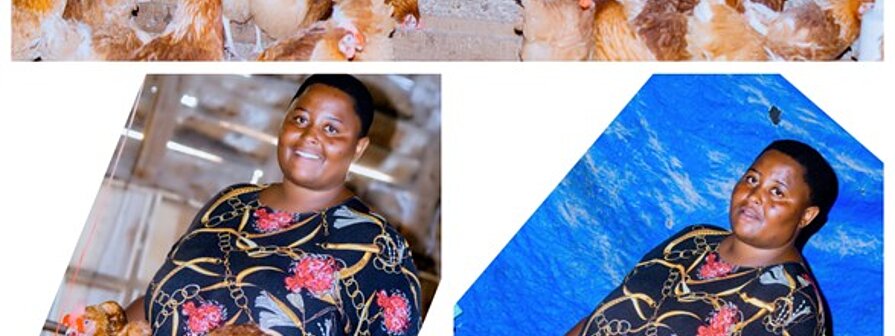Develop and Deliver Business Development Support Services to existing Micro and Small Enterprises (MSEs) in Rubavu and Rusizi districts in Rwanda
Empowering MSEs for sustainable growth and decent employment
Sustainable enterprises are key to addressing the challenges of creating new jobs, reducing unemployment, generating income, reducing poverty and decent work deficits. This rationale is aligned with Rwanda’s vision of becoming an upper middle-income country by the year 2035 and to reach high-income status by 2050, where enterprise development is considered as one of the key drivers in reducing poverty, promoting social change, fostering innovation and economic transformation. Over the past decade, social protection and decent work have gained significant international attention. There is a growing consensus that jobs have a more significant role to play than just providing adequate income. Additionally, social protection mechanisms ensure that risks around job loss are mitigated. This aligns with the Belgian Development Cooperation agenda to promote inclusive, fair, and sustainable economic growth, local entrepreneurship and a social economy, as well as International Labor Organization (ILO)'s Decent Work Agenda.
In July 2023, German Sparkassenstiftung Eastern Africa (DSIK) and its local partner Rwanda Institute of Cooperatives, Entrepreneurship and Microfinance (RICEM) were awarded by Enabel, the Belgian Agency for International Cooperation, a project to support Micro and Small Enterprises (MSEs) in Rubavu and Rusizi districts, funded by the Kingdom of Belgium.
This project aimed to improve the living conditions and resilience of vulnerable population groups in the 2 districts by investing in social protection systems and decent work and contributing to the promotion of their sustainable and inclusive socio-economic development.
To achieve the overall objective, the project interventions aimed to create outcomes in three pillars: Firstly, the businesses of 500 participating MSEs in each district were expected to grow and decent employment, especially for youth and women in selected economic sectors, was to created. Secondly, the employment created was to follow decent work principles with employment contracts, fair and frequent salary payments, and working conditions in accordance with the Rwandan labour law. Lastly, the social protection component of work was to be implemented through enrolment of workers in the participating MSEs in social protection schemes.
These outcomes were reached through a needs-based package of Business Development Services (BDS) which provided training, coaching and mentoring to the target group, focusing on the most relevant topics around general entrepreneurship, business management, access to finance and access to market. All interventions matched the current business status of the target group so that the gained knowledge and skills could be directly applied and impact further business growth. We worked closely with the Ministry of Public Service and Labor (MIFOTRA) from the Rwandan government side to ensure the successful implementation of the project.


